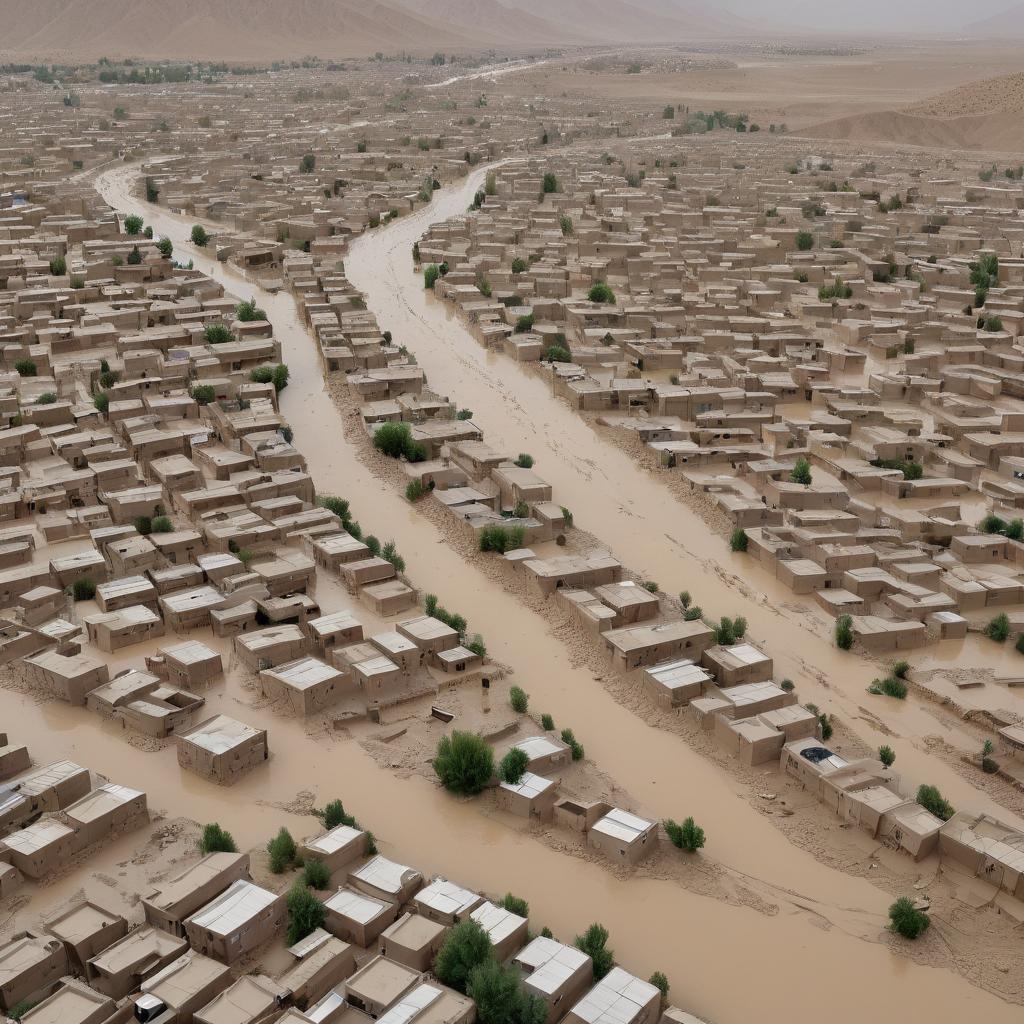
Responding to Tragedy – Lessons from Afghanistan’s Flash Floods
The recent devastation caused by flash floods in Afghanistan, particularly in the provinces of Baghlan, Takhar, and others, is a tragic reminder of the urgent need for swift and coordinated response to climate-related disasters.
The United Nations reports that more than 300 lives have been lost, with over 1,000 houses destroyed in the aftermath of unusually heavy seasonal rains. These floods have left communities reeling, grappling with loss and destruction on a massive scale.
The response efforts, led by both local authorities and international agencies, are critical in this moment of crisis. The Taliban government has mobilized resources, including air evacuations and medical aid, to reach those affected in Baghlan and other hard-hit areas.
However, the scope of this disaster demands a sustained and comprehensive approach. Richard Bennett, the UN special rapporteur on human rights in Afghanistan, rightly emphasizes the need for immediate aid and long-term planning. Climate change has rendered Afghanistan increasingly vulnerable to such extreme weather events, and proactive measures are essential to mitigate future disasters.
Beyond the immediate response, there are broader lessons to be learned. Investment in infrastructure that can withstand natural disasters, early warning systems, and community-based resilience programs are crucial for future preparedness.
Furthermore, coordination between the Taliban government, humanitarian agencies, and international partners is imperative to ensure efficient and effective aid delivery.
As we witness the heart-wrenching scenes of families searching for loved ones and communities coming together amidst the wreckage, the international community must stand in solidarity with Afghanistan. This tragedy is a stark reminder that climate change knows no borders and that urgent, collective action is needed to protect vulnerable populations from its devastating impacts.
